Outspoken thinker advocates for “reconstruction” instead of “reform” in post-revolutionary Bangladesh
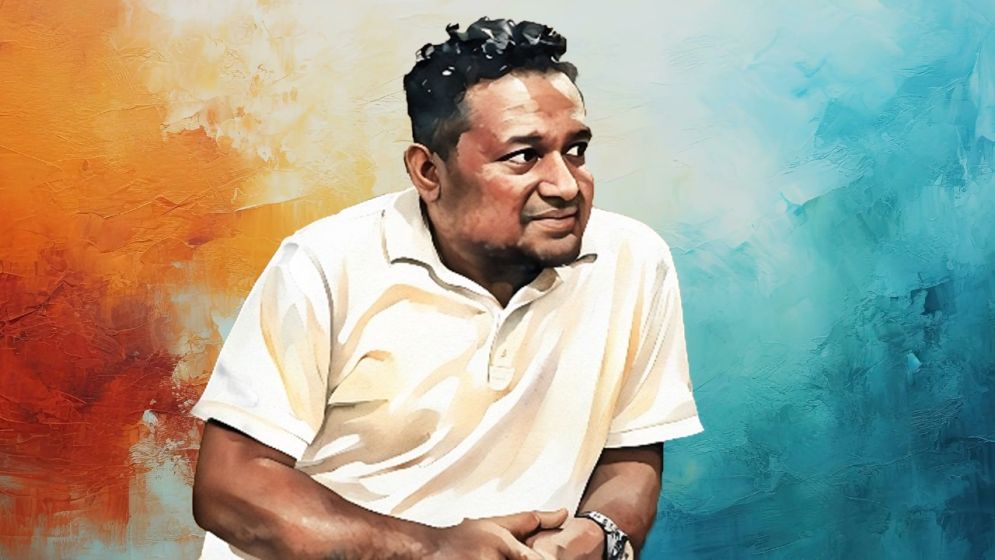
Photo: Rezaul Karim Rony
In mid-March of 2019, Al Jazeera's investigative unit released a report titled “Bangladesh top security adviser accused of abductions.”
It detailed how Major General Tarique Ahmed Siddique, the former security adviser to Prime Minister Sheikh Hasina, used military intelligence to abduct three individuals connected to his business partner. The aim was reportedly to intimidate the partner for personal gain.
Despite the gravity of the report, Bangladesh’s local media maintained a radio silence in fear of reprisal. Sheikh Hasina, at the height of her autocratic rule, and her associates, including General Siddique, were using state intelligence to suppress dissent and further personal agendas.
One local media outlet, Joban—a monthly magazine led by the outspoken editor Rezaul Karim Rony—dared to cover the Al Jazeera findings and published a report.
In response, Rony faced harassment from security agencies, was forced to shut down the magazine, and Joban's website was blocked by the government.
Despite these challenges, Rony, who considers himself more a philosopher and thinker than a journalist, continued to critique Hasina's regime and offer candid views on controversial topics.
Bangla Outlook (English) editor Faisal Mahmud recently interviewed Rony to discuss the July revolution and the process of building a new nation from the remnants of the old autocratic regime.
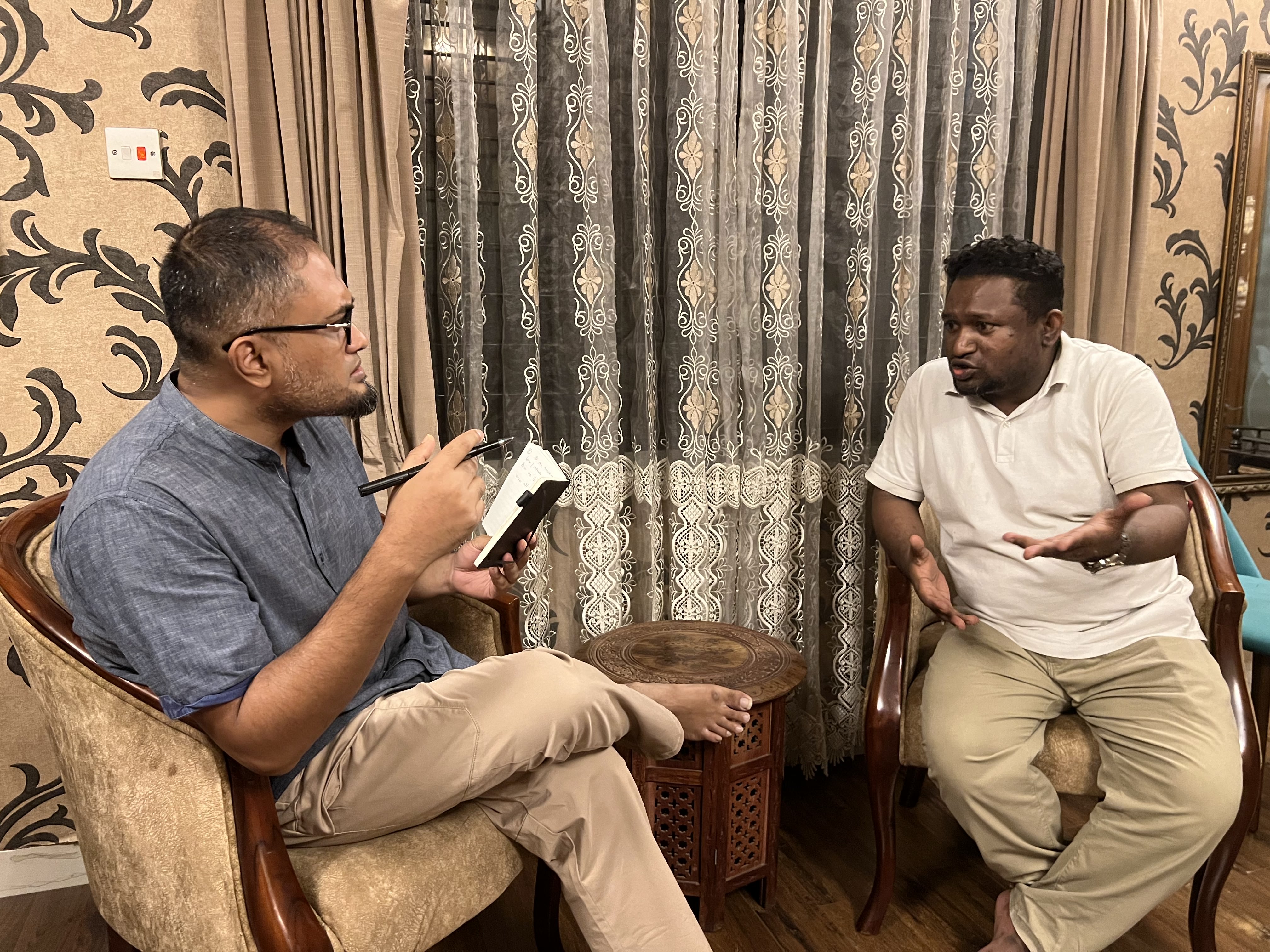
Here is an excerpt from their conversation:
Faisal Mahmud: The recent mass uprising, now known as the Gen-Z revolution, has overthrown Sheikh Hasina’s fascist regime. What sparked this Gen-Z revolution? Was it driven by a deliberate master plan, or did it emerge spontaneously?
Rezaul Karim Rony: The recent events mark the climax of 15 years of tension under a fascist regime. Gen-Z, feeling disconnected and marginalized by the prevailing historical narrative, became increasingly alienated. The rise of Awami fascism further stifled their spirit, leaving them disillusioned and stripped of hope.
Their frustration grew as Awami deceit deprived them of their dignity, leading them to revolt against the false narratives perpetuated by the Awami League. The historic demonstration at Dhaka University, where they chanted "I am Razakar, I am Razakar," symbolized their defiant stand against the regime and its misleading portrayals.
The protest rapidly gained momentum, driven by spontaneity rather than a premeditated plan. From affluent Gen-Z individuals to street vendors, people faced bullets and declared, "I am the alternative," marking a pivotal moment in their history. While there was some coordination to guide the protests, the movement was largely spontaneous and not part of a grand scheme. It was a powder keg ready to ignite at the right moment.
FM: Given that Gen-Z has spearheaded a revolution, do you believe they should be entrusted with greater responsibilities in nation-building? Do you think they possess the political maturity required for such roles?
RKR: First, it’s crucial to acknowledge that if our political parties had been effective, many of these young lives might not have been lost. Few places, aside from Gaza perhaps, have witnessed so many children and adolescents perish in their struggle for democracy or against fascism.
The issue now isn’t whether Gen-Z, having led a revolution to overthrow a regime, should be given a greater role in nation-building. The real problem is that the old political models and mindsets that have governed Bangladesh for the past fifty years are now obsolete. They have become outdated and ineffective.
Brute force, like that which Hasina applied, might maintain control but cannot advance the nation, especially one with a significant young population like ours. Gen-Z seeks freedom and independence rather than traditional politics. While they are influenced by Western ideals and the virtual world, they do not fully grasp the complexities of real-world politics. Their desire is for a fair society where merit prevails over nepotism and corruption, not for political power.
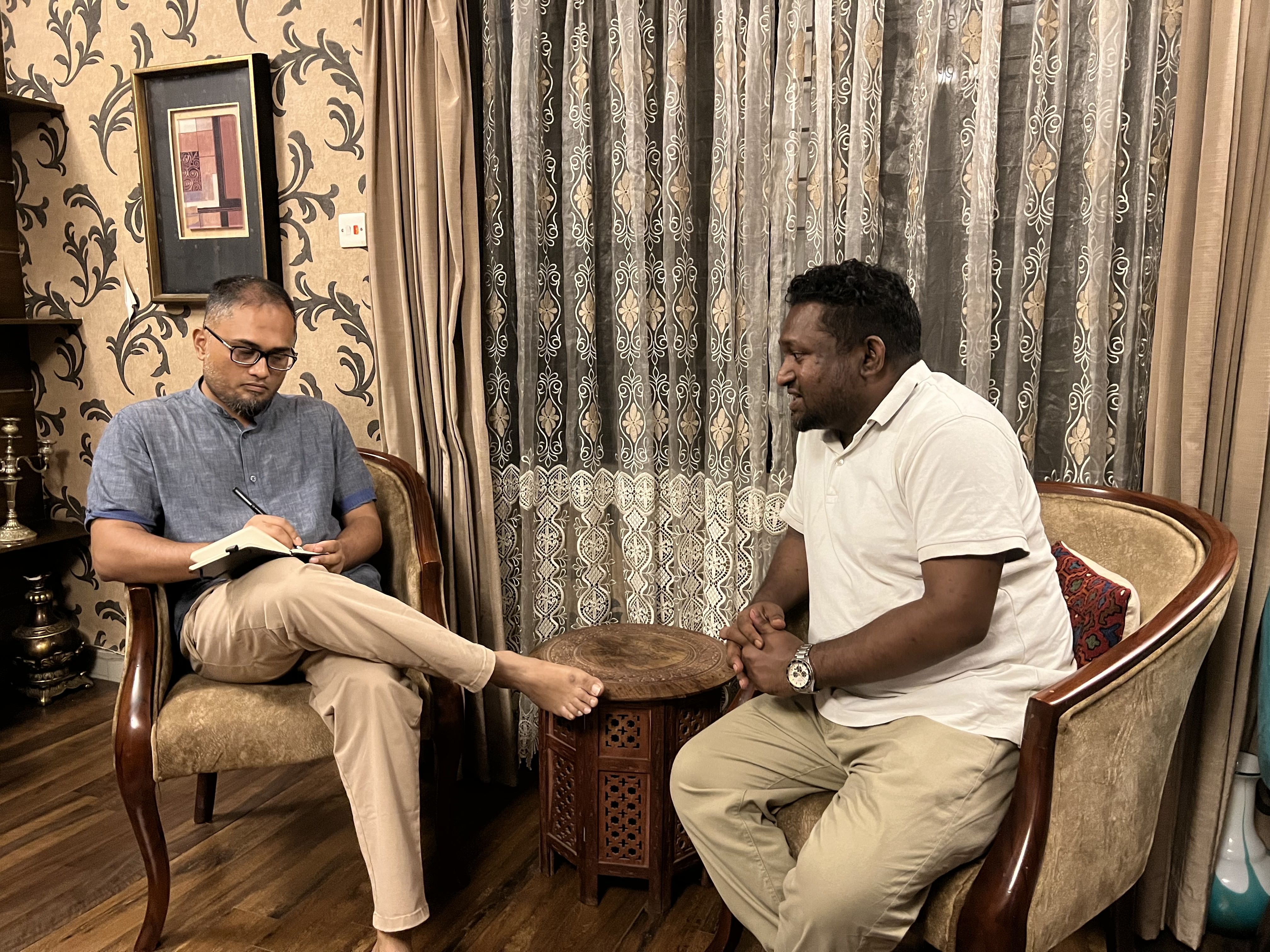
Gen-Z isn’t about creating individual heroes; they view their entire generation as heroic. Our goal is to develop a political system that meets Gen-Z’s aspirations, enabling them to experience true freedom. Failing to do so will only create chaos in future.
FM: Discussions are going on now about state and political reforms. How practical or rational do you consider the demands being made in different forums?
RKR: Following any mass uprising, questions about the efficacy of the current system and the need for change are inevitable. These discussions arise because the very conditions that sparked the uprising often reveal the shortcomings and failures of the existing system.
Therefore, it is both logical and timely to question the status quo and to consider alternative approaches. This is indeed the opportune moment to address these critical issues and to work towards a more effective and equitable system.
FM: Given the diverse forces and political differences in our country, how will the political arrangement function? What steps can be taken to establish a political system under these conditions?
RKR: While a comprehensive response is possible, here's a simplified version: Just as a popular uprising demonstrates unity despite differences, a political system can also function in a similar way. The key is to understand the spirit that fostered this unity.
Attributing success to a single individual or group risks them claiming power, undermining the collective nature of the movement. Seeking a savior could turn a democratic aspiration into a new form of fascism.
Therefore, even in a divided society, unity efforts should preserve ideological differences while establishing a value-based, functional democracy. This requires a new political arrangement involving most parties, with power ultimately decided by the people. Parties may be ideologically driven, leading to debate and competition, but the state must be value-based.
Those who fail to grasp this may impose their ideologies on the state, turning it into an ideology-based entity - a league, a fascist model disguised as democracy. Unfortunately, many so-called leaders are currently on this path.
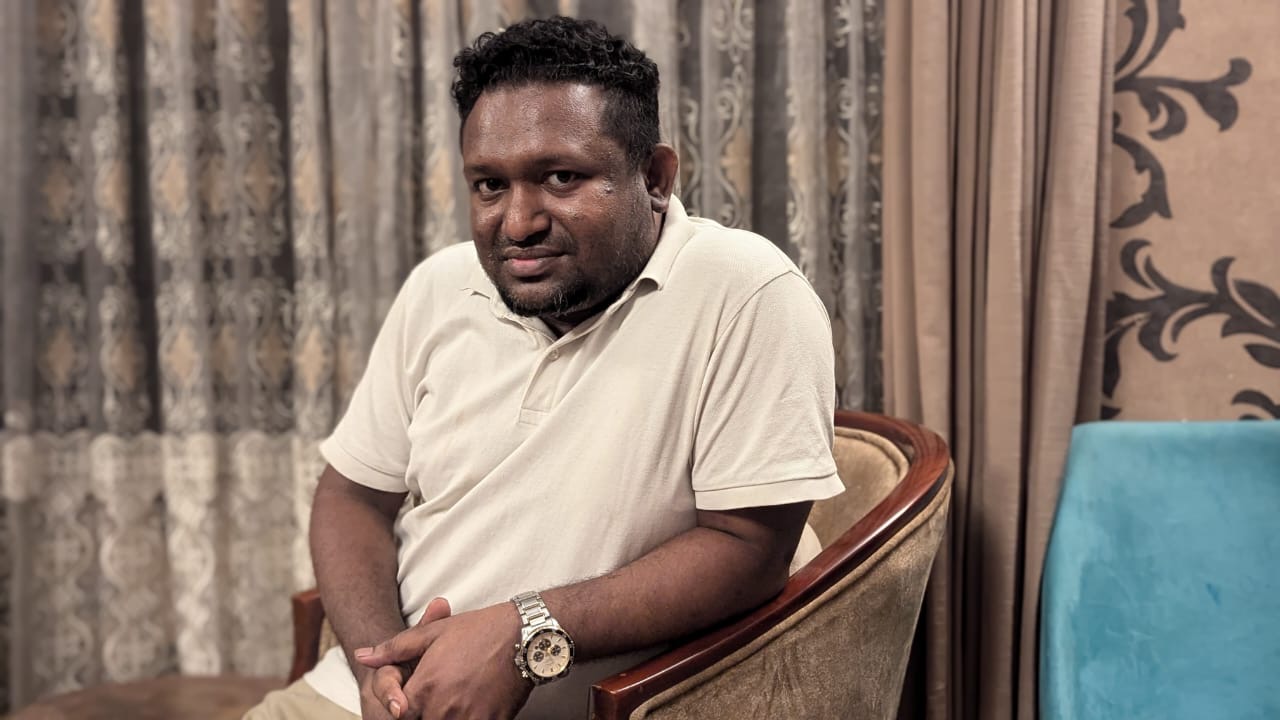
The potential downfall of this movement lies in those who claim its success and then seek power. It's our responsibility to openly criticize this tendency. Political solutions must prioritize principled politics, not just power grabs. There's no bypassing the political process.
Our work involves combating the normalization of fascism over the past 15 years by cultivating a counter-culture and engaging in deep philosophical discussions. Ultimately, we aim to build a political system that fosters collective moral unity and organizes us as a political community. Without this, any unity based solely on self-interest will be short-lived, eventually reverting to its previous state or even deteriorating further.
FM: In the wake of the political upheaval, there are calls for creating a new, flawless constitution. Some critics argue that certain provisions of the current constitution lead to authoritarianism or dictatorship. What are your thoughts on this?
RKR: The ousted dictator Hasina had turned the constitution into a tool for her family’s party. I have long argued that what she was doing amounted to constitutional fascism.
In the wake of the recent mass uprising, there is an urgent need for a constitution that genuinely reflects the will of the people. A constitution should not merely be a complex legal document; it must serve as a foundational text for national unity and embody the political aspirations of the populace.
It should capture the collective will and spirit of the people, as determined through the political process. The legal intricacies can be worked out later by elected representatives. I believe a constitution doesn’t have to be an extensive legal volume; it could be a succinct booklet that reflects the people's aspirations.
Moreover, it should honor the legacies of past liberation movements. The new constitution must capture the essence of the July Revolution and align with the current public desires. It should be a Gen-Z constitution, moving away from outdated political scheming and embodying integrity and principles.
FM: There are now various calls for reforms from different sectors of society. How feasible is it for an interim government to fulfill these reform demands?
RKR: I prefer the term "reconstruction" over "reform." The call for reforms during the 1/11 period was misleading. I lack confidence in this government’s ability to effectively handle reconstruction, despite the responsibilities entrusted to it by students and the public.
Reconstruction requires a collective effort, particularly from political parties. The future reconstruction of Bangladesh must align with the aspirations of Gen-Z. If political parties do not reform themselves first, they risk being sidelined, potentially shifting power to non-political forces.
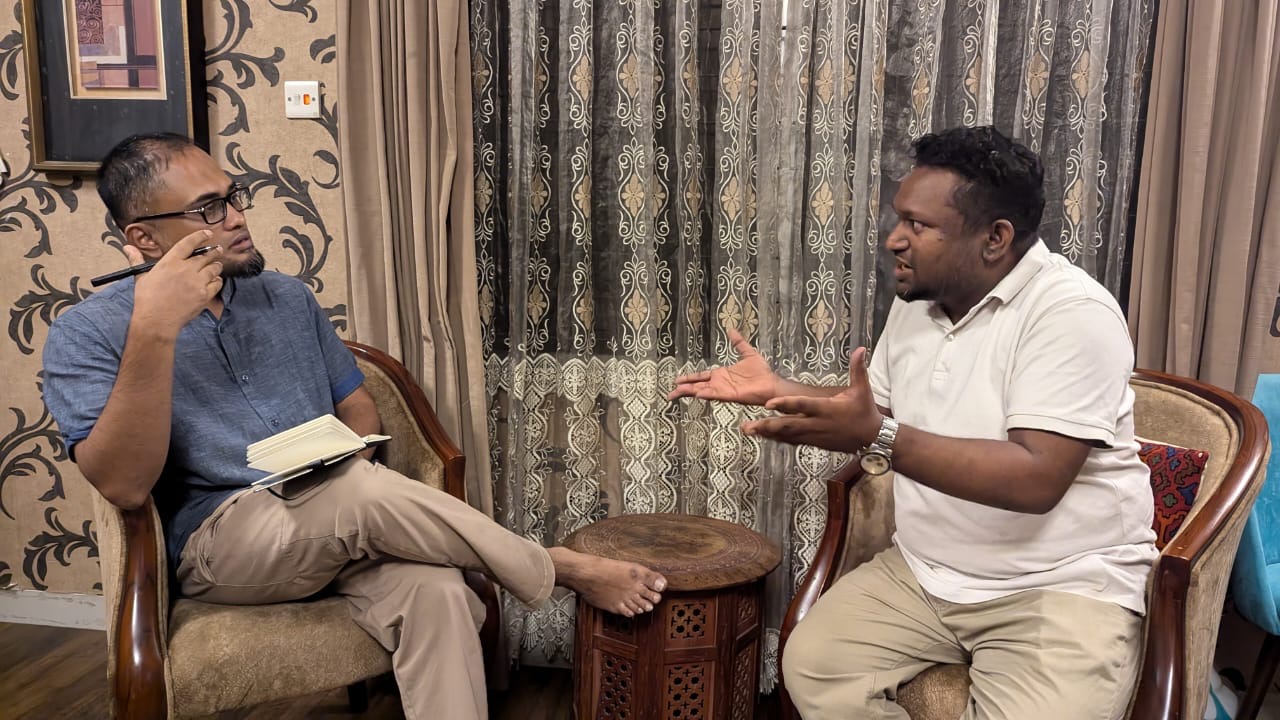
Reconstruction is a national task, not the responsibility of any single government. We need an inclusive process that ensures broad participation. This approach could pave the way for a genuinely democratic nation, unlike previous reforms that have been dismissed as ineffective.
We cannot rely on a savior or hero; the key to building a united and new Bangladesh is collective effort. Any attempt to monopolize the reconstruction process will lead to failure, which is our primary challenge now.
Georg Wilhelm Friedrich Hegel’s approach might provide a solution. It's about fostering a collective spirit rather than focusing on individual leaders. Institutions based on this collective spirit will nurture civic pride and dignity, making the pursuit of equality more achievable. Idolizing individual heroes will not yield results; without collective strength, self-pride remains meaningless.
FM: What should the young leaders of the revolution do next? Should they establish their own political party and present their own electoral mandate to the people of the country?
RKR: It’s important to recognize that the youth who have led the revolution are not a uniform group. They include university students, private students, laborers, religious school students, illiterate youth, and those from less reputable backgrounds.
We should also remember that the Shahbagh movement’s superficial resurgence contributed to the rise of fascism in Bangladesh. Building a new state cannot fall solely on the shoulders of the youth.
The youth have not put forward a specific political framework; some even suggest that the absence of politics represents a new form of politics, which is misleading. Substituting politics with something else is risky, and treating anarchy as a political strategy is detrimental.
Despite their resistance to the current political system, the main task now is for political parties to foster national unity and move towards a democratic nation. This means avoiding hero worship or cults; every individual is a hero in their own right. We need to build a country free from the corruption of the Awami League.
Those who promote cult-like narratives undermine the spirit of the movement by focusing on glorifying past liberation wars rather than acknowledging the contributions of the current generation. They create misleading narratives about hidden figures and masterminds, which the youth need to be cautious about.
While the youth have undeniably made significant strides in history, they should avoid claiming this achievement solely for themselves or engaging in hero worship. Such actions would merely replicate the failings of the Awami League.
Instead, they should view themselves as servants and citizens, working to establish a political system that effectively eradicates fascism. This is the challenge they face.
FM: What should be done to prevent political corruption? What steps should be taken to ensure that authoritarianism does not tighten its grip on the people of this country?
RKR: In simple terms, the best way to prevent political corruption is to steer clear of the practices employed by the Awami League. This principle can also be fundamental to nation-building. By avoiding the actions of the Awami League at all levels, we can move forward. The Awami League represents more than just a political party; it embodies a certain character and approach. Removing this influence could facilitate progress.
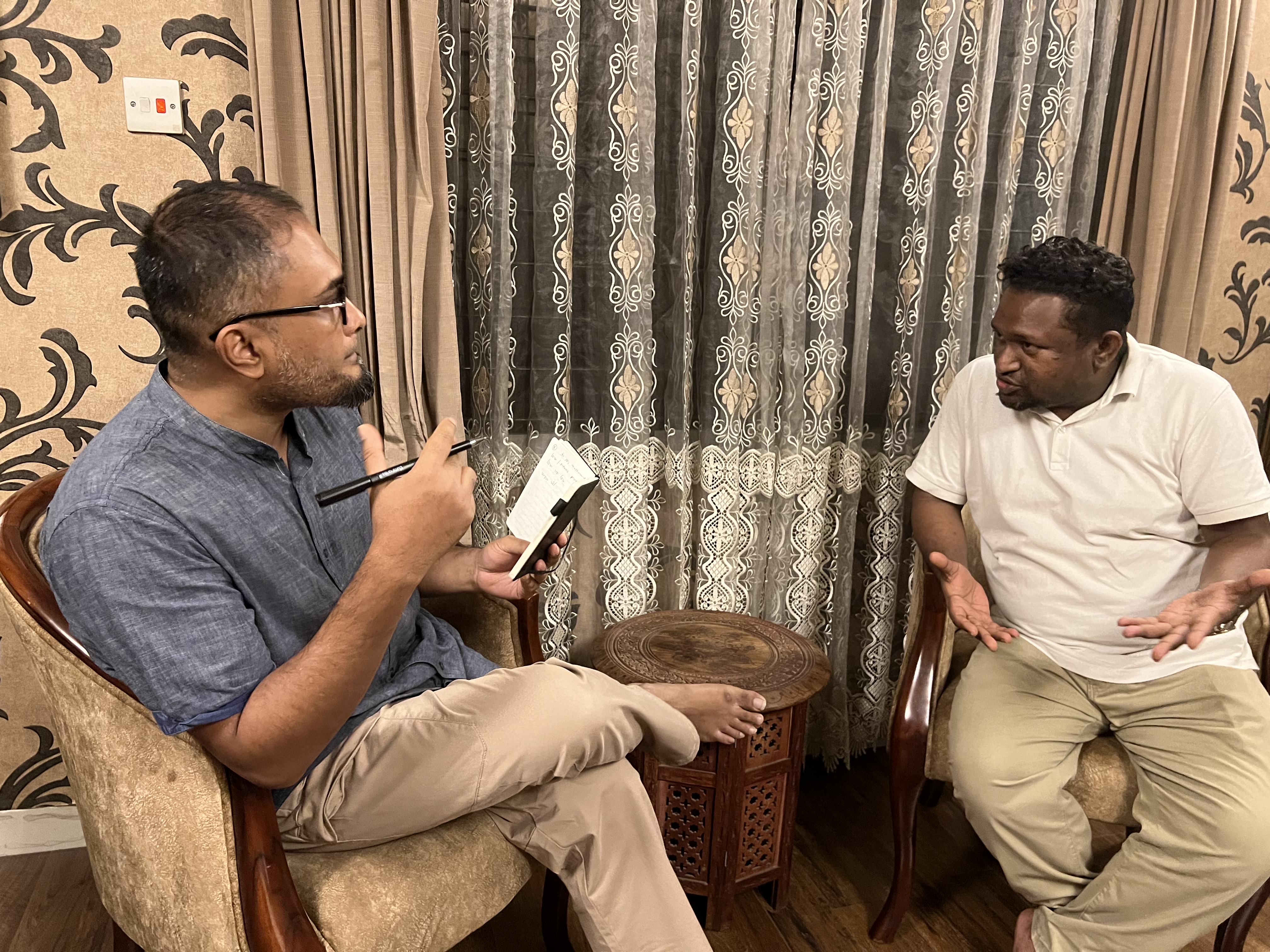
Our current political vacuum underscores this issue. The Awami League's dominance relegated other parties to merely reacting to its fascist tactics. With the League now out of power, a political void exists. The prevailing fascism and reactive politics do not meet the public's new aspirations. The remaining parties must quickly adapt to these aspirations to effectively address and counter future fascism.
FM: You have extensively talked and written about Awami League’s cultural fascism? How important is it to debunk the narrative of this cultural fascism?
RKR: The Awami League employed cultural fascism to retain power, with the media serving as a crucial ally. This cultural framework effectively suppressed us politically. To achieve true political liberation, we need to dismantle this fascist culture on both philosophical and intellectual levels. As I've detailed in my writings, Awami fascism is essentially cultural fascism, established through Hasina's constitutional amendments as a form of feudalism.
We now need to create a robust counter-culture to combat the resurgence of fascism. Overcoming this Islamophobic secular fascist culture will be a lengthy process. Despite our 15-year struggle, progress has been limited because political parties continue to underestimate its significance. They fail to recognize that politics, not just power, is crucial. In Bangladesh, the pursuit of power without a genuine political framework is a prevalent fascist tendency.
FM: The demand for convening a Constituent Assembly to draft a new constitution has gained significant momentum as a way to ensure the success of the ongoing popular uprising. What are your thoughts on this demand?
RKR: This can be achieved through a national convention or assembly, which is crucial for progress. However, it requires a collective effort from all political parties; the current government alone cannot handle this task. We must avoid repeating the errors of 1972 and move beyond the façade of constitutional continuity that masks ongoing fascist tendencies. Failing to do so could turn the popular uprising into a missed opportunity.
Open discussions are essential for finding solutions, but we must be cautious of those who prioritize their own interests and deceit over genuine progress. Personal integrity is vital, as its absence has allowed fascism to flourish. State-building should be driven by the will and simplicity of the general public, rather than by the opinions of manipulative intellectuals and philosophers.
Drafting a constitution is inherently a political process that must involve broad participation. This should be clearly communicated from the outset, to avoid the misconception that it is a task reserved only for eminent scholars.
Nation-building should focus on creating a state that embodies the collective spirit of the July Revolution. Otherwise, true citizen freedom will remain out of reach, and the country’s independence will be confined to a mere political illusion. It is crucial to understand that without genuine political freedom, national independence lacks real significance.
FM: Thank you for giving your time.
—-

